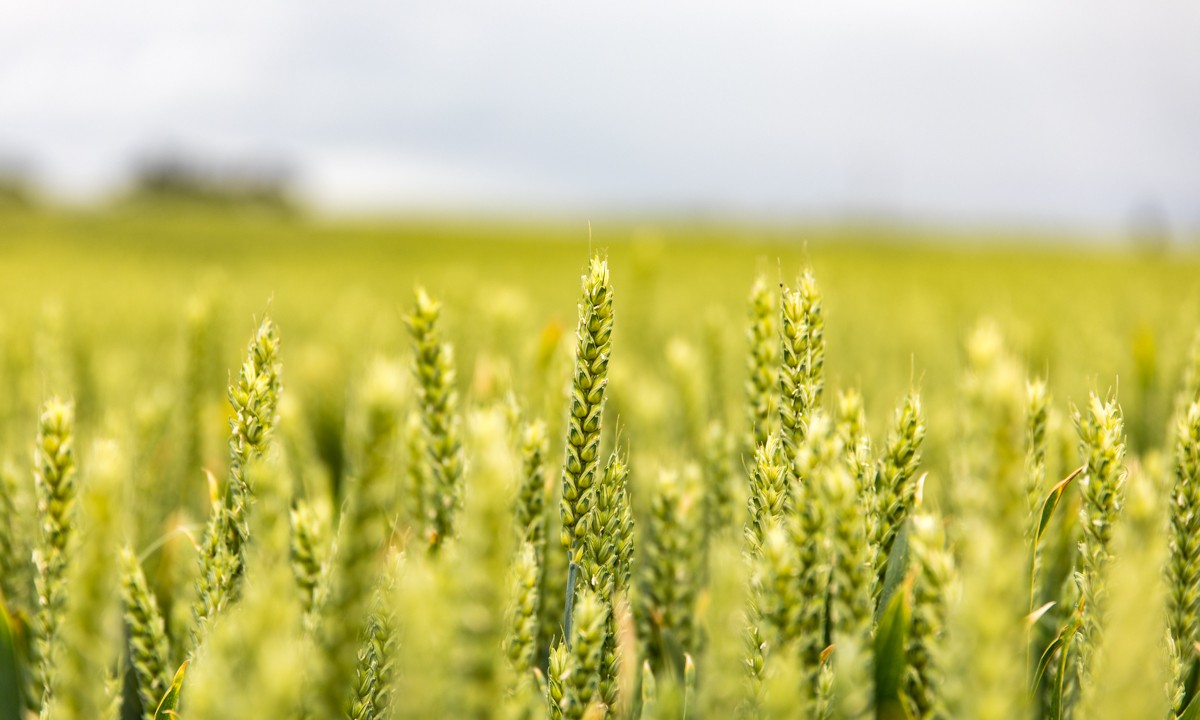Farmers at the Sittingbourne Monitor Farm discussed how changing crop rotations and cover crop practices could benefit their bottom line.
The meeting on Tuesday, December 11, was led by host Mark Bowsher-Gibbs, Anne Bhogal from ADAS and organic farmer John Pawsey.
Speaking about his own experiences, host farmer Mark Bowsher-Gibbs said: “Wheat and oilseed rape are the main profitability drivers but they also cause most of our problems.
“The question is – should we be aiming for 50% break crops or extending our five-year rotation? What are our other options for break crops?”
Mark currently runs a five-year rotation of winter beans/peas/soya, winter wheat, second wheat/spring barley, oilseed rape, winter wheat. He uses catch crops before the spring crops.
Cover crops
Anne Bhogal, ADAS, presented early findings from the Maxi Cover Crop trial, which has some plots running at Mark’s farm, G.H. Dean, just outside Sittingbourne.
She said: “Cover crops are really useful to incorporate into rotations, particularly before spring crops. There are lots of benefits in terms of nutrient retention. But, there are lots of questions too, in terms of what species to use and whether they are best on their own or in mixes.”
Some of the early results from the Maxi Cover Crop trial have shown that cereal cover crops are not necessarily good ahead of spring cereal crops.
Rye and oat cover crops can have allelopathic effects on spring barley crops, in particular, resulting in yield reductions in some seasons whereas vetches and clovers will fix nitrogen, potentially improving yields.
“With cover crops, there are a lot of benefits, but also a lot of things you need to consider,” she added.
The organic answer
Finally, the group heard from organic farmer John Pawsey, who explained his six-year flexible rotation and how he deals with pests, diseases and weeds.
John said: “Pests and diseases are not a major worry. The most complex issue for us is weeds.”
He told the group that 70% of organic combinable crops are imported to meet UK demand, due to lack of domestic supply.
“There’s an increasing appetite from buyers and a genuine price premium at around £100/t,” he said.
John encouraged farmers to consider organic as part of their diversification activities. Having compared organic and conventional rotations using costings from the ABC book, he laid out the financial benefits of growing organically.
He said: “I don’t think organic farming has all the answers, but it does have some.”
AHDB knowledge exchange manager Paul Hill added: “There’s nothing new about looking at rotations or cover crops, but we now need to bring innovative ideas into farming to meet the challenges of the future: Resistance; regulation; and, biggest of all, climate change.”

